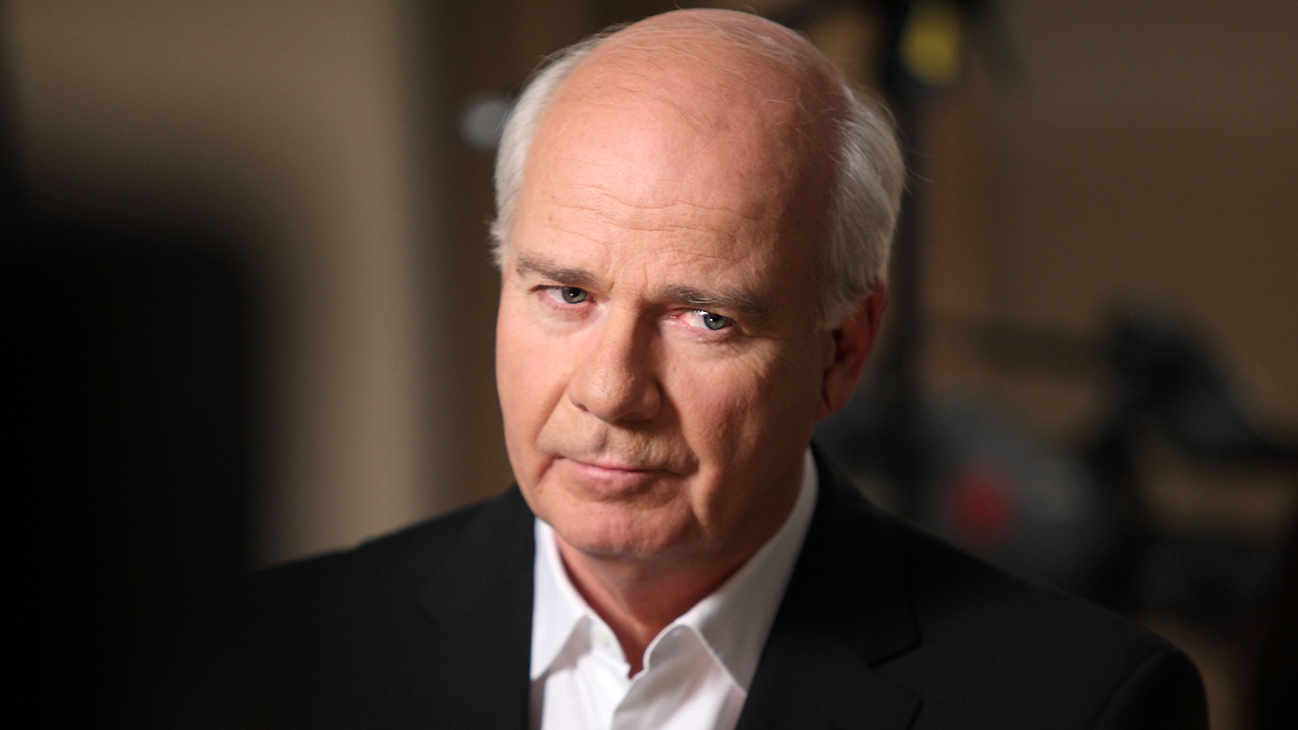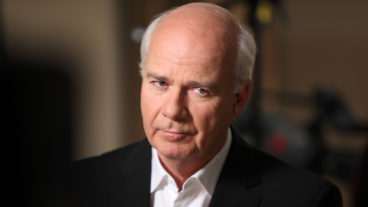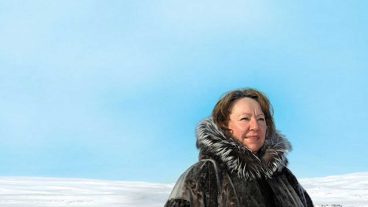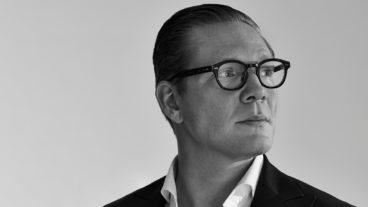Peter Mansbridge is currently in Canada’s Arctic, working on a documentary for the CBC. The former chief correspondent of CBC News recently sent in a “campaign postcard” to Politico Canada to explain exactly what he was seeing in the Arctic — the devastating effects of climate change.
These changes are made even more obvious to him as he spent the beginning of his career in Northern Canada. He’s adding his voice to the rallying call of the Inuit and Northern Canadians who are dependent on the land to survive and who experience the effects of climate change on a day-to-day basis.
Most everyone in Canada’s North has trouble understanding why there are those in the south who still doubt climate change.
Who is “most everyone”? Northern-based researchers and scientists, check. Local politicians, check. And at the front of the rallying cry are the heart and soul of Canada’s Arctic — the Inuit.
Whether they are hunters or fishers, or anyone else who depends on the land to supplement food supply and to stay in touch with their culture, all see climate change every day, and they see it closeup. The sea is warmer than it was a generation ago and so sea life is different; and the animals, used to more ice, find their habitat changing and with it their migratory patterns.
I started my broadcasting career in the North in 1968, a few generations ago, and I remember how punishing the winters were and how snow laden the environment was. It still is to a degree, but a lesser degree. Literally.
Now on the latest of many visits to the Arctic, the message is clear. Everything is different and it’s different because of climate change.
In Pond Inlet I was anxious to see one of the glaciers I’d visited in 2008 when the melt was just becoming visible. As I stepped off the Canadian North flight from Iqaluit one of those who met me remembered my ’08 trip, so I asked, “How’s the glacier?”
“It’s gone” came the reply. Well, that was a stretch but not much of one because it’s more than halfway through the “going, going, gone” truth. When I talked to the mayor the next day, he told me the glacier melt has made the ice retreat more than half a dozen kilometers. Now, from a distance, it looks more like a ski run in its last days of winter.
I went farther north, a couple of hundred kilometers farther north, to Croker Bay on the south coast of Devon Island where the high Arctic really begins. Croker is famous for its wide glacier that comes down from the Devon mountains and dips into Lancaster Sound. It’s melting so fast you can sometimes hear the water dripping, pouring actually, into the Sound at least a thousand yards away.
Huge chunks of the glacier fall off every day, their bright blue tones signaling the multi-year history they represent. The water is coming off the glaciers in the millions of liters every day. Concerns about rising sea levels and changing coastlines are real.
My Arctic trip this year is part of a documentary I’ve been commissioned to do for the CBC that will air later this year. We visited some pretty incredible areas thanks to the Royal Canadian Navy’s new arctic patrol vessel, HMCS Harry DeWolf.
Late one night I went up to the bridge while the midnight sun still shone through the windows to chat with the night watch. They have an amazing array of high-tech instruments to guide their journey. One digital display caught my eye — sea temperature. We were well inside the Arctic Circle, not far from Grise Fjord, Canada’s most northern community, yet the sea temperature read 5.6 degrees Celsius. I had expected much lower, closer to zero. Yes, things are changing.
Peter Mansbridge is one of Canada’s most respected and recognizable figures, having spent 30 years as CBC News’ chief correspondent and anchor of The National. Today, he the host of one of Canada’s leading political podcasts, “The Bridge”. Through his unique journalistic lens, Peter takes audiences on a journey through our shared national story and heritage, sharing lessons on how to cultivate trust and lead through extraordinary times.
Interested in learning more about Peter and what he can bring to your next event? Email us at [email protected].




